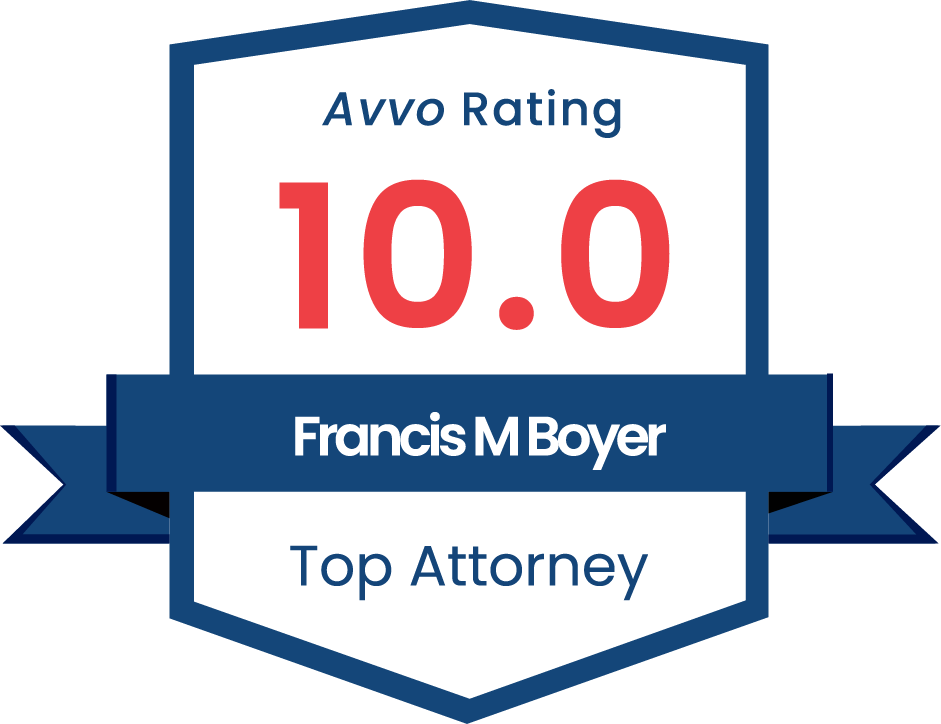At Boyer Law Firm, P.L, with offices in Miami, Orlando, and Jacksonville, we assist those pursuing family sponsored immigration to the United States, adjust their immigration status in the U.S. through marriage, or other qualifying close family ties such as parents, siblings, or child. Much like any other area in immigration law, family immigration law involves complex regulations and procedures. Assistance from an immigration expert is invaluable and can be key for the success of your application. Our attorneys are experienced in a wide variety of immigration and related issues.


